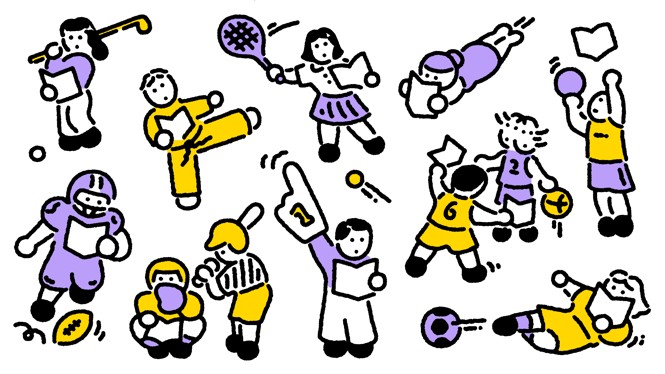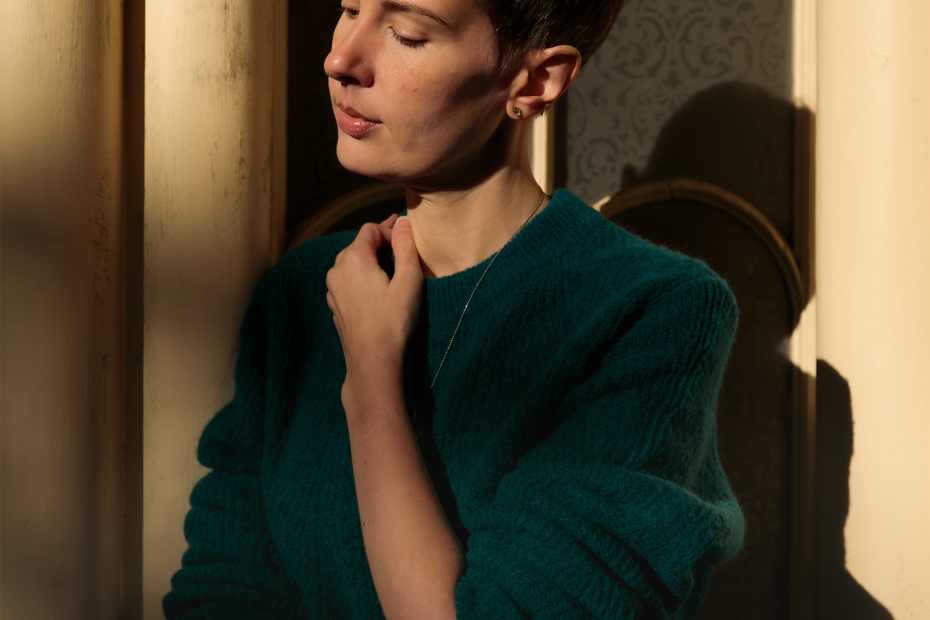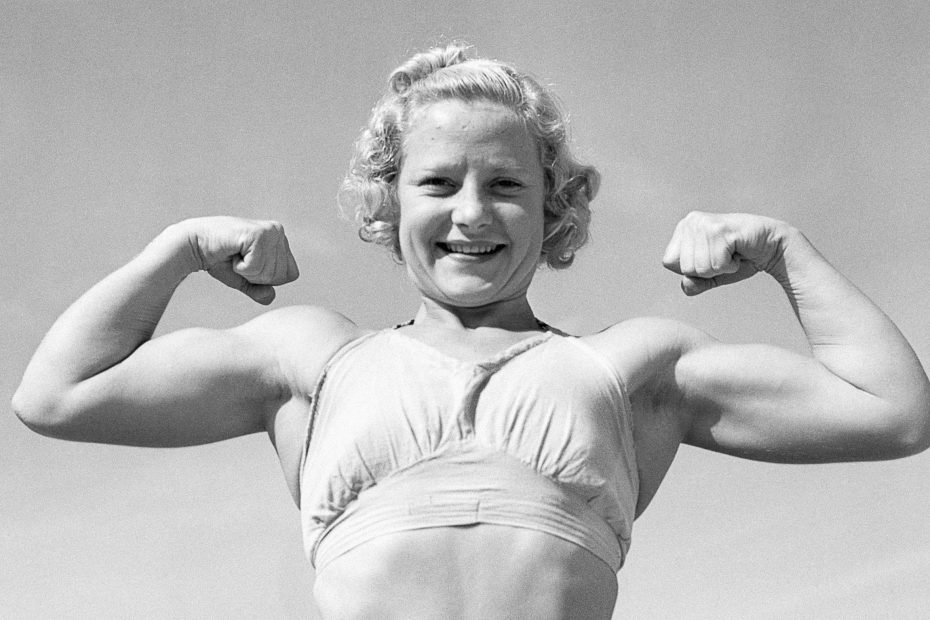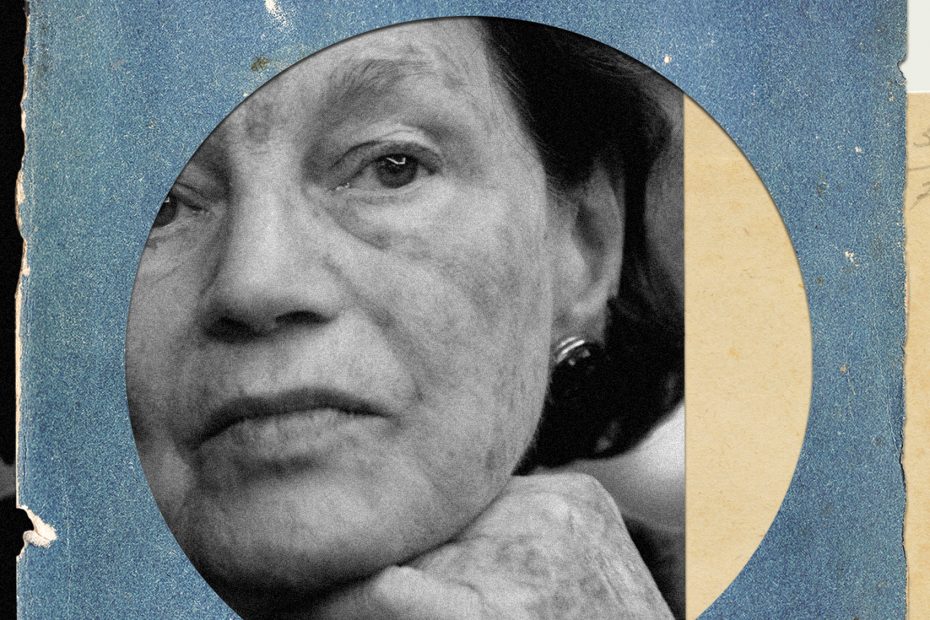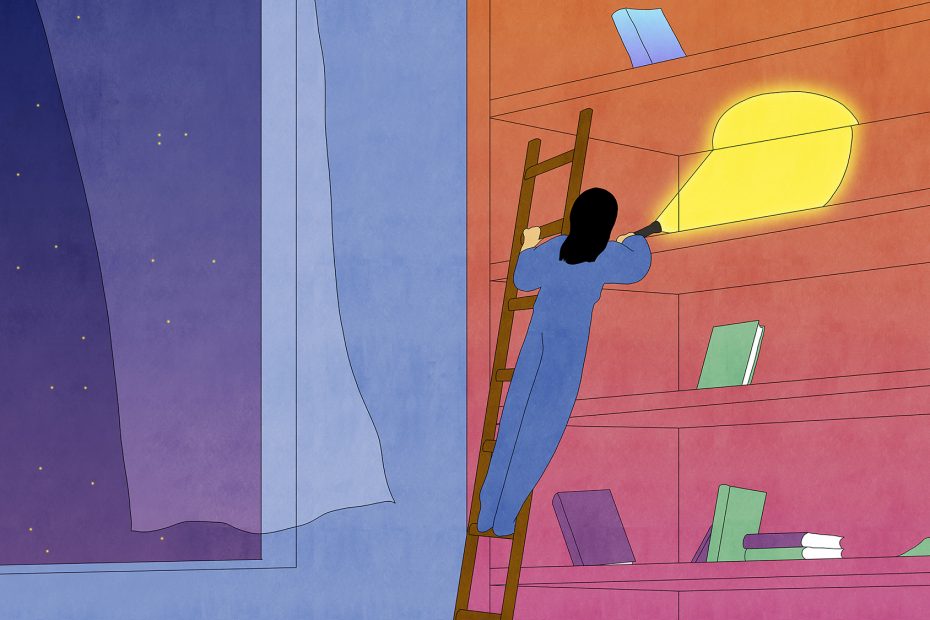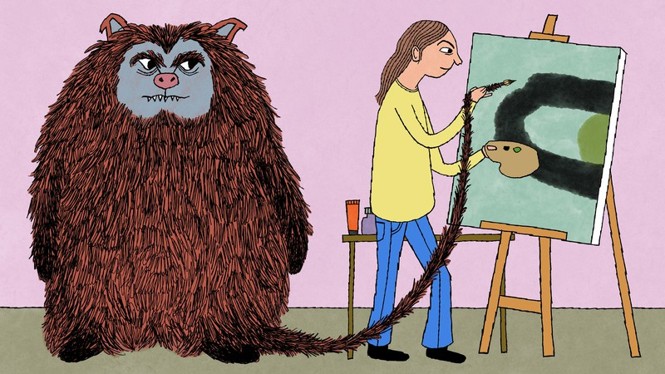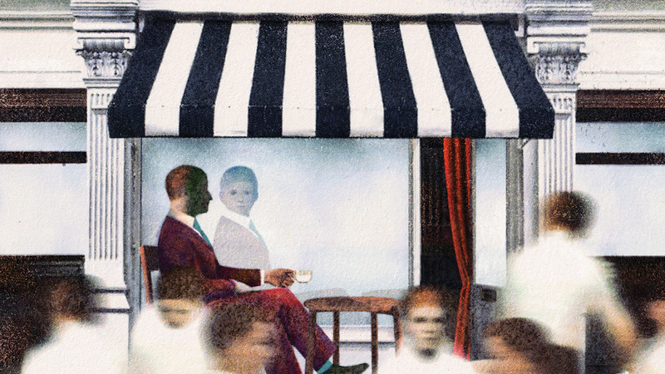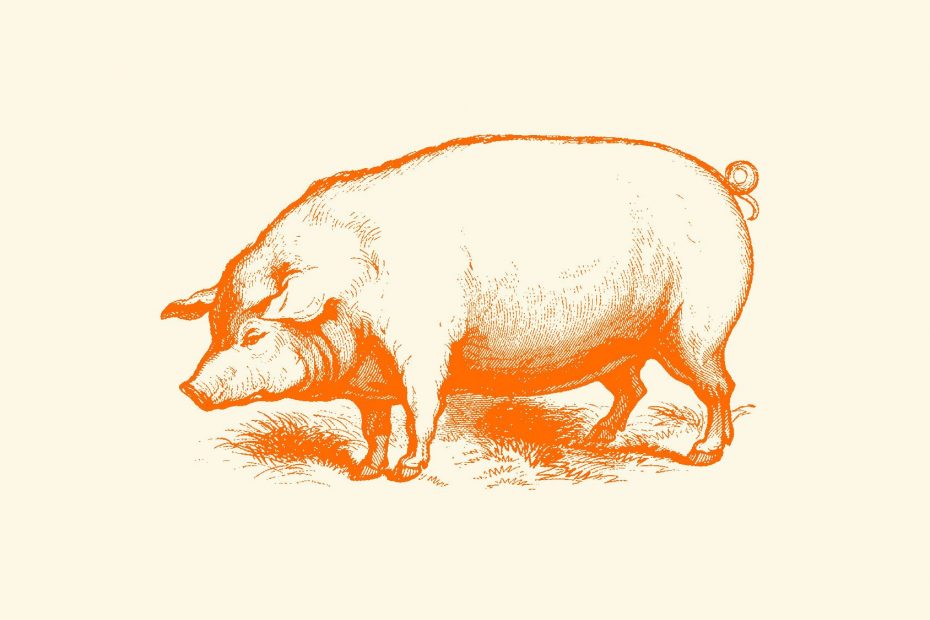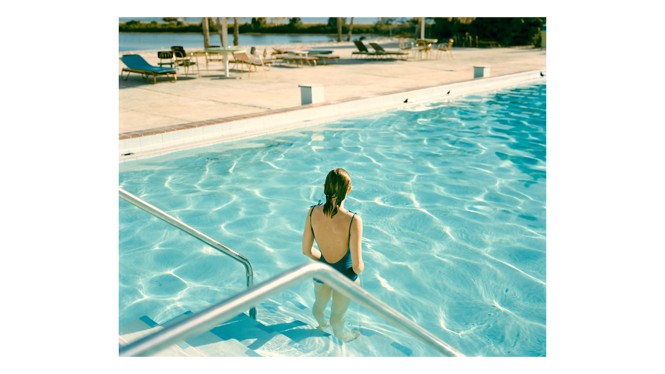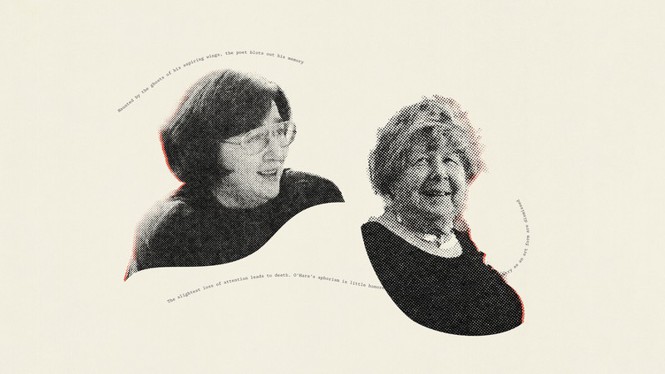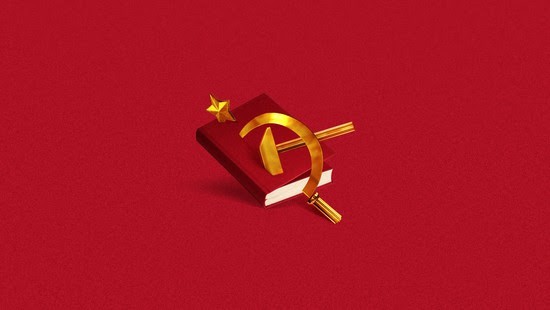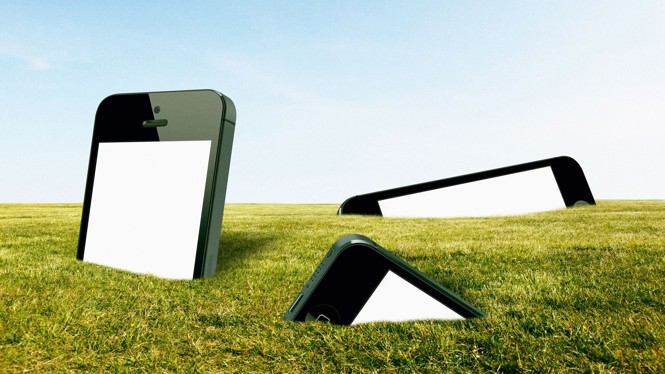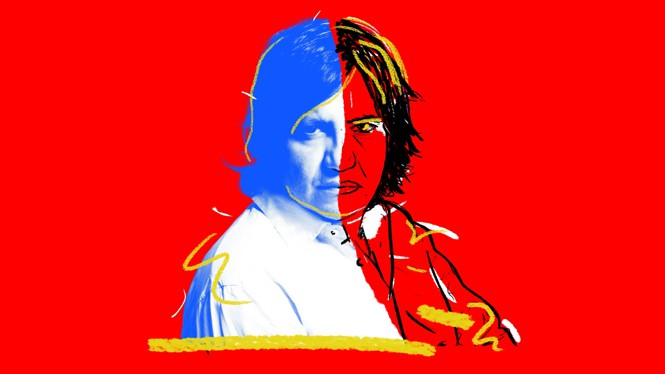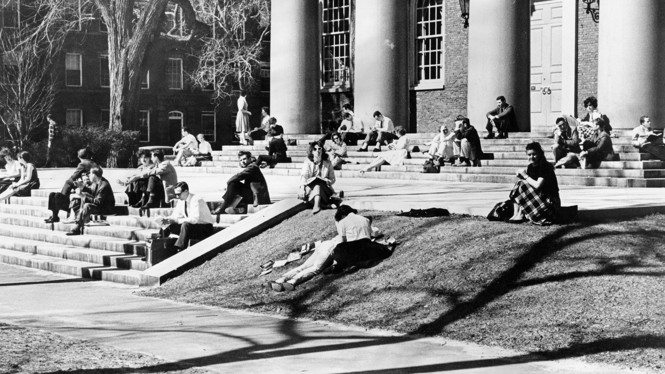The Thrill of a Great Sports Book
This is an edition of the Books Briefing, our editors’ weekly guide to the best in books.
Alone on the court, tennis players can seem uniquely vulnerable. When you watch team sports, so many moving parts can catch your eye, and the emotions of individual players are subsumed by the sheer number of stories on the field. The singles tennis player is on their own, a performer thrust into the spotlight each time the ball comes their way.

